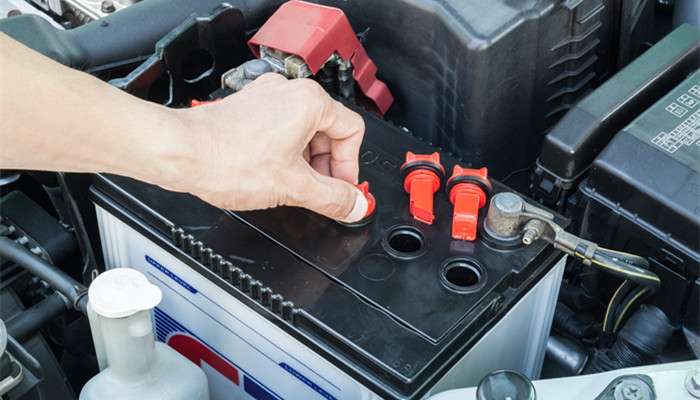
Nano-lithium batteries have broad application prospects and my country’s R&D enthusiasm is high
Nano-lithium battery, also known as nano-lithium-ion battery, refers to a battery made by nano-processing the positive and negative electrode materials of lithium-ion batteries. Nano-lithium batteries have the advantages of high power, high capacity, strong adaptability to high and low temperatures, green environmental protection, and long service life. They are expected to have broad application prospects in new energy vehicles, photovoltaic power stations, wind power stations, electronic products and other fields in the future.
Nanotechnology is the key technology for the production of nano-lithium batteries. In the manufacturing process of negative electrode materials, high-energy mechanical alloying and grinding are used to obtain nanostructured metal or alloy materials, which are then plated on the surface of carbon powder to improve the rate performance of the negative electrode material; in the manufacturing process of positive electrode materials, phosphoric acid can be Iron lithium is made into nanoparticles or NMC materials are nano-coated to achieve the purpose of inhibiting material activity and improving material cycle life. In recent years, as an emerging technology, nanotechnology has continued to make innovative breakthroughs, which provides favorable conditions for the development of the nanolithium battery industry.
According to the “2023-2028 China Nano Lithium Battery Industry Market In-depth Research and Development Prospects Forecast Report released by the Industrial Research Center, Nano-lithium batteries have the advantages of lightweight, high power and high capacity, and have broad application prospects in new energy power generation, new energy vehicles, electronic products and other fields. In recent years, with the support of national policies, the development speed of my country’s new energy industry has continued to accelerate. Taking new energy vehicles as an example, according to statistics from the China Association of Automobile Manufacturers, my country’s new energy vehicle sales will reach 6.887 million units in 2022, a year-on-year increase of 93.4%. Nano-lithium batteries can effectively improve the cruising range of new energy vehicles. Driven by market demand, the commercialization process of nano-lithium batteries in my country will be accelerated.
my country’s nano-lithium battery industry is still in its infancy and is mainly based on laboratory research and development. Shenzhen Defang Nano Technology Co., Ltd. is the first enterprise in my country to engage in the research, development and production of nano-lithium battery materials. At present, carbon nanotube conductive liquid and nano-lithium iron phosphate are the main business segments of Defang Nano. According to the company’s financial report, in the first half of 2022, the company’s nano-lithium iron phosphate production capacity reached 78,000 tons.
In recent years, my country’s scientific research institutions have made many new progress in nano-lithium battery research. In 2022, the research team of Lanshi Zhongke and Lanzhou University of Technology used in-situ doping and surface coating technology to successfully prepare high-performance nano-lithium iron phosphate cathode materials. This process has the advantages of low production cost and stable finished product structure, and is promising in the future. Play an important role in the preparation of nano-lithium batteries.
Industry analysts said that as a new type of lithium battery, nano-lithium batteries have excellent performance and are expected to be widely used in the field of new energy. In recent years, driven by the technological innovation and application demands of local enterprises, the development speed of my country’s nano-lithium battery industry has continued to accelerate. It is expected that in the future, the companies that are the first to achieve technological breakthroughs will occupy a larger space in my country’s nano-lithium battery market.

 微信扫一扫打赏
微信扫一扫打赏

